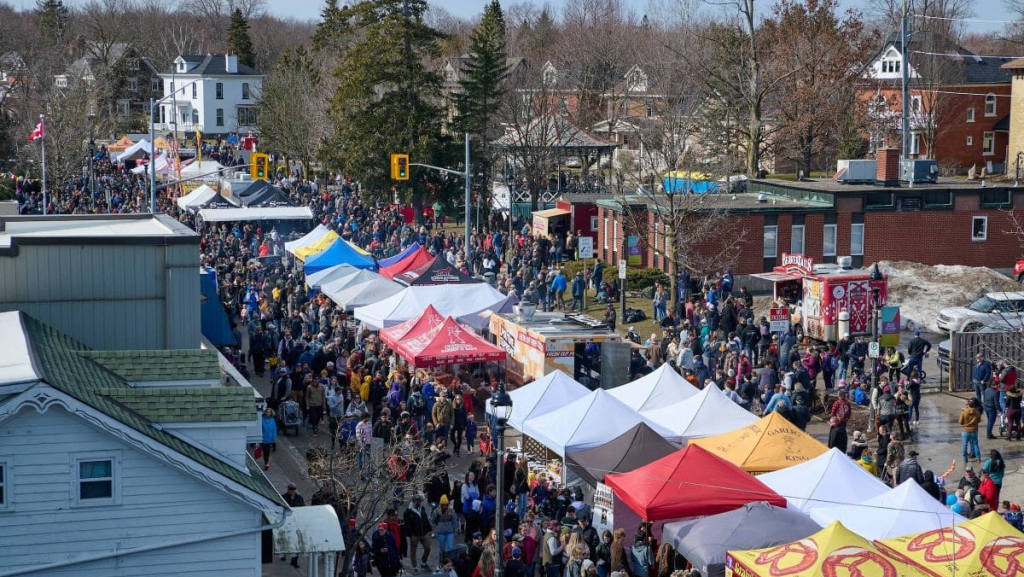Region requests more fed funding, support as local shelters see influx of refugees
Posted Aug 16, 2023 12:19:52 PM.
The Bridges is bursting.
Since near the start of last month, staff say the shelter on Simcoe Street has been housing around 14 to 16 refugees per night adding, for them, that represents an unprecedented increase.
“That’s more than we’ve seen in the last twelve months combined,” said Wayne Paddick, Executive Director, Cambridge Shelter Corporation. “So we’re really seeing this influx of refugees coming to the shelter system.”
Speaking on The Mike Farwell Show on Wednesday, Paddick said the shelter has so far been lucky in that it hasn’t had to turn anyone away.
“No we haven’t,” Paddick confirmed. “We’ve been fortunate at our level that we still have spaces for these folks but I have heard that some of the other shelters are feeling the pinch and are having to turn, possibly, some local citizens away.”
Despite that, there have been significant challenges including the simple fact local shelters aren’t staffed to help house refugees.
“Our staff weren’t trained to help refugees get settled in Canada so we really had to teach ourselves, on the fly, who to contact, who to connect with, and the like,” Paddick said. “So it was very time-consuming, and still is.”
Paddick said his main request then would be for more boots on the ground, specifically those trained and dedicated to working with refugees.
He also said time is tight. It may still be summer now but fall and winter are on the way along with harsher conditions for those who are being turned away from the shelter system as a result.
This all comes as, last month, the federal government announced more than $200 million in new funding to help house refugees though roughly half of that was earmarked for Toronto.
The Region of Waterloo is now set to request a large chunk of what’s left be sent here to help support refugees turned away from the Toronto system who’ve since sought shelter in outlying communities like Kitchener, Waterloo, and Cambridge.
In the meantime, Paddick said there are also ways regional residents can help as well.
“Obviously we’re always taking donations of things like clothes and, as you can imagine, the refugees are coming without a lot of items with them,” he said. “So clothing and obviously donations for our kitchen.”
“Feeding more mouths than we’re used to in the summertime sometimes puts a bit of a strain on our cupboards and anything people can offer by way of food or donations to help support our kitchen — we’d also be grateful.”








